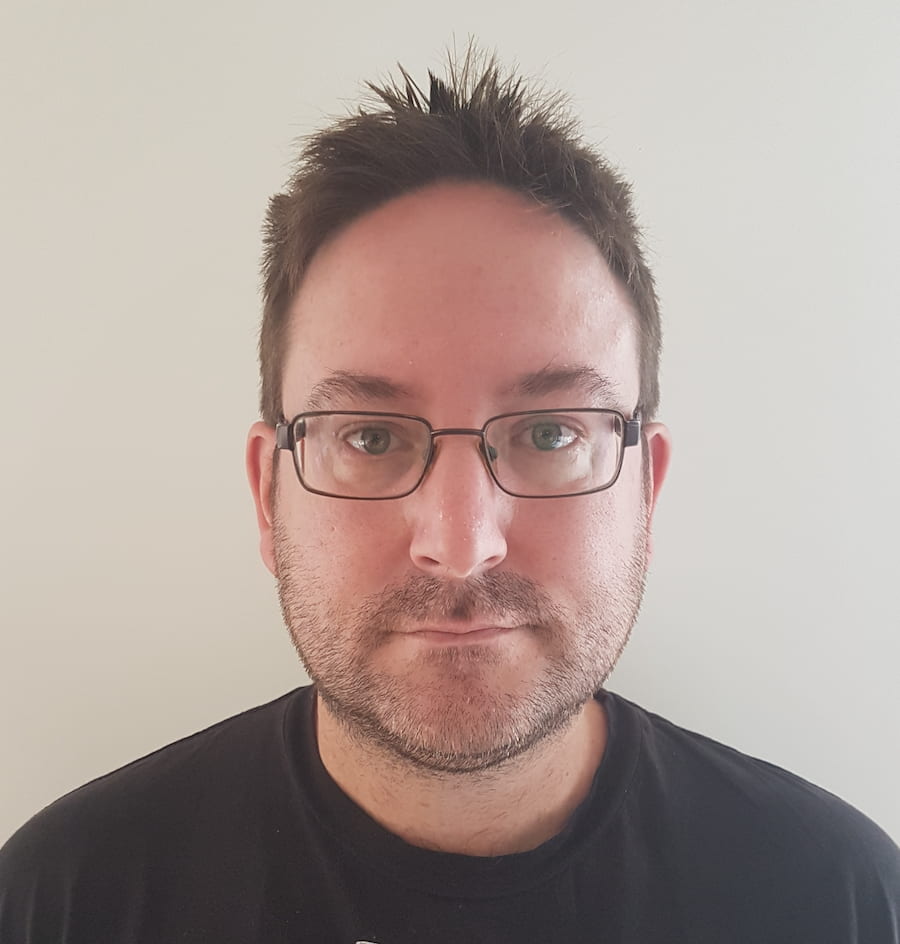Bruce Harland
I am a researcher in the School of Pharmacy at the University of Auckland interested in recording neural activity in the spinal cord and developing regenerative treatments for spinal cord injury. My research involves implanting a flexible bioelectronic device along the rodent spinal cord to monitor neural activity, detect disconnected nerve cell tracts, and provide electrical stimulus and nerve growth factors to stimulate and guide nerve cell regrowth after spinal cord injury. The aim of this work is to establish a drug delivery platform to deliver these exciting new regenerative treatments directly, continuously, and for clinically relevant periods, to the injured spinal cord. The ultimate goal of this research is translational, to provide new avenues of treatment for cases of clinical spinal cord injury to reduce its impact on individuals, communities, the healthcare system, and New Zealand’s economy.
My research background is in the area of spatial navigation and memory, and during several overseas post-doctoral positions, I specialised in techniques to record spatially-modulated neural activity in freely moving animals. At the University of Arizona (USA), I investigated the role of the hippocampus during navigation in large-scale complex environments as well as how hippocampal network activity contributes to spatial optimisation in a rodent version of the travelling salesperson maths problem. At the Centre of Cognitive and Neural Systems in Edinburgh (UK), I explored how different kinds of spatially-modulated cells (head direction, grid, and place) are related, and how they contribute to landmark-based navigation. I completed my PhD at the University of Canterbury, focussing on the impact of anterior thalamus lesions on behaviour and hippocampal/cortical microstructural integrity, and the reversal of some of these effects after exposure to environmental enrichment.
For more information on Bruce Harland’s research and publications click HERE
For contact details click HERE
